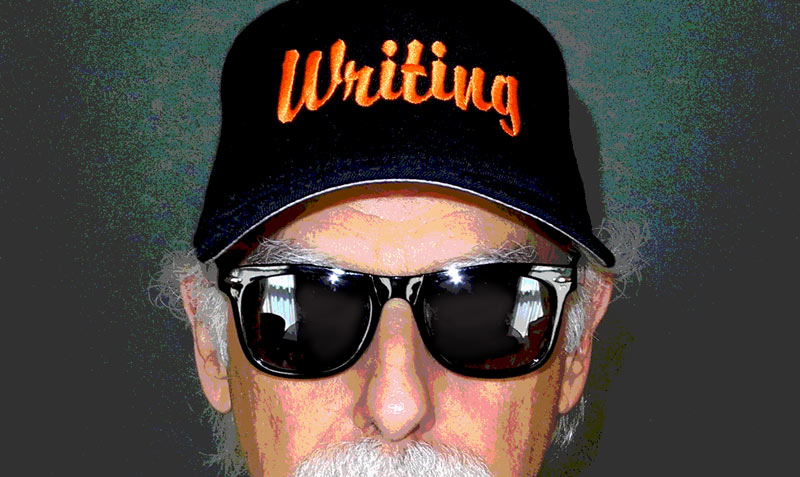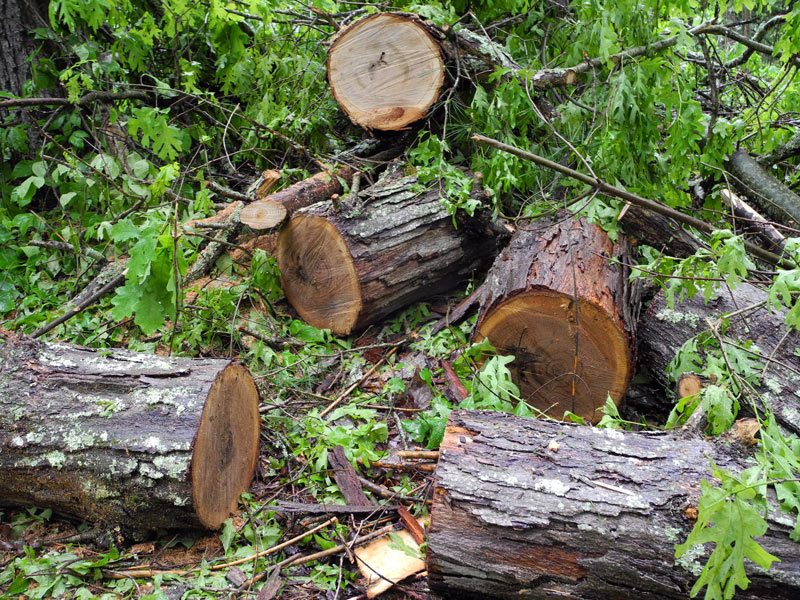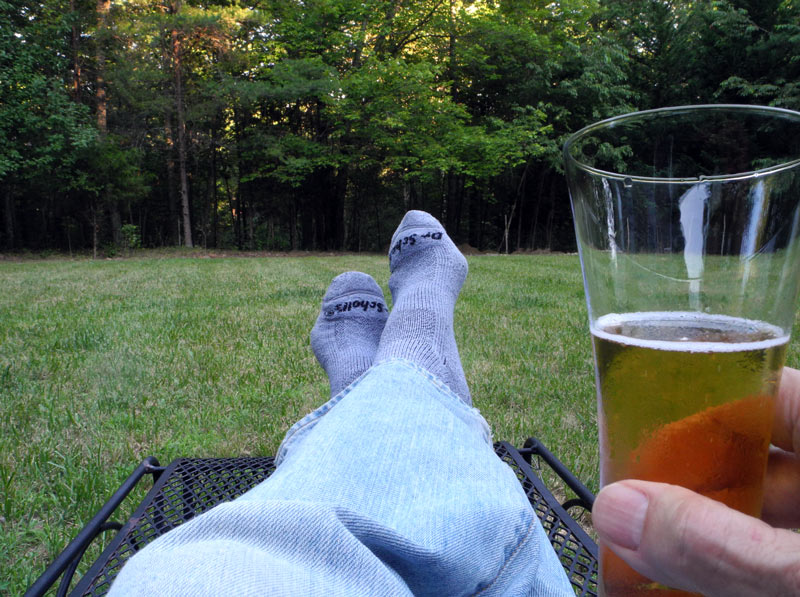
Writing is hard. Writing well, even harder. And because that’s how I’m spending much of my time these days, I thought I’d share a bit about my writing process. Why? Maybe you’re already writing but are looking for a tip or two. Or maybe you’re just curious about the how this writing thing works. Either way, here’s how I do it.
NOTE: I’m talking about long-form writing here. Novels, novellas—that sort of thing. This could apply to non-fiction, but for me, currently, it’s historical fiction books.
Writing Tips & Tricks
I have to chuckle because I’ve probably written dozens and dozens of “tips & tricks” articles over the years in various fields. Magazines (and now websites and blogs) thrive on this particular form of writing. I don’t do much of it anymore, but old habits die hard. So here are some of my favorite tips, techniques, and rules that I think (hope) improve my writing:
* No Quills or Chisels: I write on a computer, currently an iMac with custom color-temperature settings so I don’t strain my eyes staring at a bright, cold screen. I gave up Microsoft Word years ago and now write in Google Docs; it does everything I need that Word did, and it’s free. But I’m not opposed to using old-fashioned tools. When a fabulous idea hits me, I’ll grab one of the yellow legal pads I have scattered around my house and use longhand to write it down. Plus, I LOVE sticky notes. I have them all over the place so I can jot down an idea and attach the sticky to my shirt until I’m at the computer to transcribe it.

* Outline and Plan: In the fiction world, there are Plotters and Pantsers. Pantsers just start writing and then see where it goes. Me, I outline (plot) and think it through first. Like: what’s the ending? what are the major turning points? what’s the purpose of this particular scene? I’m not putting down pantsers, but it just doesn’t work for me. I pants in the planning.
* Wear the Hat, Close the Door. Putting on my writing hat—I had it custom made; see posterized photo at top—tells me that I’m in writing mode. This indicates to others in the house to stay the heck away. Unless the place is burning down, don’t bother me. And absolutely no telephone answering during this time. Unless it’s my mother.
* Do Manual Labor. I live with my wife on 5 acres of wooded property so there’s always something that needs doing. Cutting up downed trees. Shovelling snow. Cleaning out the gutters. All perfect activities when taking a break from writing. One reason is because repetitive, manual tasks are mindless. And they’re also good for giving the eyes a break from the LED screen. The bonus is that if it’s hard work and rhythmic, I get into a zone—a moving meditation. And when that happens (more times than not), ideas just spill out of my head. So I keep a notebook and pen in my work pants pocket.

* Do It Regularly. This is maybe the hardest rule to follow. It’s SO damn easy to get distracted. Emails. Social media. Reading about the latest political outrages. All kinds of excuses to keep from writing. The trick is to develop a routine and try to stick to it. For me, that means getting up and scanning for any earth-stopping news or urgent emails, doing my stretches, having a first light meal, and checking in with my wife (a must). My goal is to write a scene each day. Half the time, I do it. Most of the time, I’m close. But I always make some progress every day, no matter how small. Except on Sunday when I take the day off from writing. I call this “incremental dynamics” a.k.a. “one step at a time.” A novel or any major writing effort can seem overwhelming at first, but all it takes is a small advance each day, and pretty soon, you’re there.
* When I’m Done for the Day, I’m Done. If I blast through 1,000 words in a couple of hours, great! I quit writing. If it’s only 250 words but I’m wiped out after hours of research, I quit writing. Then I go do the things I haven’t paid attention to. Like those bratty emails. And at the end of the day, it’s time to relax while I feel the lowering sun on my back and listen to the squirrels chasing each other through the trees.

Are you a writer? How do you do it?

Interesting peek into another writer’s world.
I always write in long hand. I need the organic feel of my words; from inspiration, to thought, to hand, to pen and to paper. It’s necessary for me to hold my words in my hand.
Love your posts and your socks!
Thanks for your insights, Barbara! I love those socks, too; I own four pair.
I found that I was writing so much stuff in notebooks, and so much of it was dross, that the good stuff was lost and unusable. I spent so much time going through notebooks to find good stuff, I finally gave up actually writing with pencil and paper.
I use Scrivener. http://www.literatureandlatte.com/
And I back up my stuff often on a high quality memory stick.
So I still write stuff in a notebook, but then I don’t rest until I transcribe it into its place in Scrivener.
There are other software tools, of course. Choose your favorite. Searchability. That’s the ticket.
Hello Martin! Good feedback. And yeah, I’ve heard positive things about Scrivener. Although I’m wondering about its compatibility with folks (editors, mainly) using Word (most professional editors use Word). It needs to be able to handle Track Changes from/in Word. Google Docs does. Does Scrivener?
Searchability is also important for me, which is why I have separate tabs in Google for things like: scene summaries, character sheets, timelines, fragments, et al. And all with a pretty decent search function.
It does provide for tracking changes. But you can also export and import DOC and DOCX files.
Good to know.